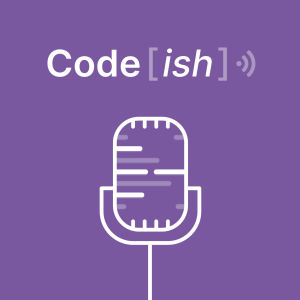
Erin Allard is a Platform Support Engineer at Heroku, and she's interviewing Ben Orenstein, one of the co-founders of Tuple. Screenshare was a popular pair programming app that was discontinued after being acquired by Slack. Finding no other alternative for this functionality, Ben and his friends built Tuple.
Ben spent much of the early months of Tuple investigating pricing strategies, because he understood that the business wouldn't exist unless he could charge a reasonable price customers would be willing to pay. This process also reduced the risk of their efforts, knowing that they could burn through months of savings with the likely goal of being able to turn a profit. To that end, Tuple became completely bootstrapped and self-sufficient.
Ben continues by pointing out that having a group of advisors has been instrumental to Tuple's success. These are friends and former colleagues who provide direct feedback, which allows Tuple to shape their own product roadmap based on real needs. He mentions the importance of being able to focus on the product and not the infrastructure as the main reason for choosing Heroku as the backend platform.
Links from this episode- Tuple is the app featured on this episode
- The Art of Product is Ben's podcast detailing his experiences running a business
More Episodes
 2020-01-07
2020-01-07
 2019-12-24
2019-12-24
 2019-12-17
2019-12-17
 2019-12-03
2019-12-03
 2019-11-26
2019-11-26
 2019-11-19
2019-11-19
 2019-11-12
2019-11-12
 2019-11-05
2019-11-05
 2019-10-29
2019-10-29
 2019-10-22
2019-10-22
 2019-10-15
2019-10-15
 2019-10-08
2019-10-08
 2019-09-17
2019-09-17
 2019-09-10
2019-09-10
 2019-09-05
2019-09-05
 2019-09-03
2019-09-03
Create your
podcast in
minutes
- Full-featured podcast site
- Unlimited storage and bandwidth
- Comprehensive podcast stats
- Distribute to Apple Podcasts, Spotify, and more
- Make money with your podcast
It is Free
- Privacy Policy
- Cookie Policy
- Terms of Use
- Consent Preferences
- Copyright © 2015-2024 Podbean.com





